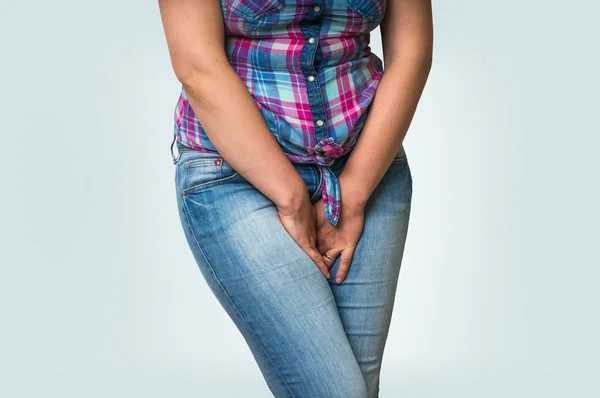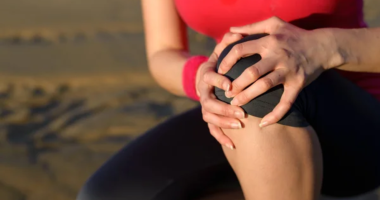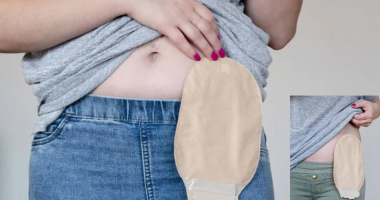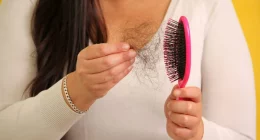Why Do I Feel Like I Have To Pee? Ever get that super annoying feeling like you need to go, even when you know there’s practically nothing in your bladder? It’s like your body is playing a cruel joke on you! This “phantom pee” feeling is surprisingly common, and while it can be a real drag, it’s usually not something to panic about. But, it is important to figure out what’s happening and know when to call in the pros.
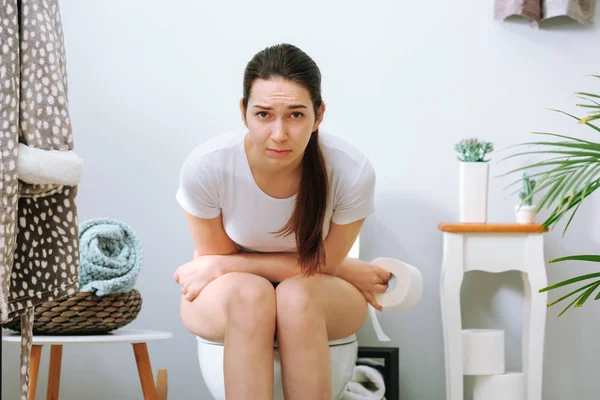
Why do I feel like I have to pee when my bladder is empty?
Okay, so what’s the deal with this constant urge? Here are some of the usual suspects:
- Overactive Bladder (OAB): Think of your bladder as a little overachiever. With OAB, the nerves that tell your brain when to empty your bladder get a little trigger-happy. This makes your bladder muscles squeeze when they shouldn’t, leading to that urgent “gotta go NOW” feeling, even if there’s barely anything there. OAB can be “dry” (just the urge) or “wet” (the urge plus leaking before you can make it to the bathroom – yikes!).
- Urinary Tract Infection (UTI): UTIs are like the uninvited party crashers of the urinary system. They’re super common, especially for women, and they can make you feel like you constantly need to pee, even if you only squeeze out a few drops. Other clues you might have a UTI include that awful burning feeling when you pee, cloudy or even bloody urine, and maybe some cramping in your lower belly.
- Urinary Retention: This is basically when your bladder is being a bit lazy and not fully emptying when you go. This can be caused by a whole bunch of things, like blockages, certain medications, or even nerve issues.
- Other possibilities: Sometimes, that frequent urge could be a sign of something else. In rare cases, it could be related to pregnancy or more serious health issues. Things like an enlarged prostate, diabetes, a stroke, or even interstitial cystitis (a chronic bladder condition) can sometimes be the culprit. Plus, don’t forget the obvious: drinking a ton of fluids or having a weakness for things like coffee, alcohol, citrus fruits, spicy foods, and artificial sweeteners can all send you running to the bathroom more often.
What to do if you feel like you always have to pee
Okay, so you’re dealing with the constant urge. Here’s the good news: there are things you can try at home to get some relief!
- Bladder Training: Think of this as bladder boot camp. The idea is to slowly stretch out the time between bathroom trips to help your bladder learn to hold more. It takes patience, but it can work!
- Pelvic Floor Exercises (Kegels): These are basically exercises for the muscles that help control your bladder. Strengthening them can give you more control over those urges.
- Diet Tweaks: Try cutting back on those bladder irritants like caffeine, alcohol, and spicy foods. See if it makes a difference!
- Hydration Habits: Staying hydrated is important, but don’t go overboard. Try to drink enough to stay healthy without constantly flooding your system.
- The “Double Void”: After you pee, hang out for a minute or two, and then try to go again. This helps make sure you’re really emptying your bladder as much as possible.
When to seek urgent care
Okay, while a lot of the time, this constant urge is just a nuisance, there are definitely times when you need to see a doctor, pronto!
- If you see blood in your urine
- If you have a burning sensation when you pee
- If you can’t empty your bladder completely
- If this is seriously messing with your daily life
A doctor can figure out what’s really going on and come up with the best plan to help you get back to feeling normal (and less like you’re chained to the toilet!). This might involve medication, or other things to get your bladder back on track.
Also Read | Is It Thrush or a Bladder Infection? Key Symptoms and Home Remedies
